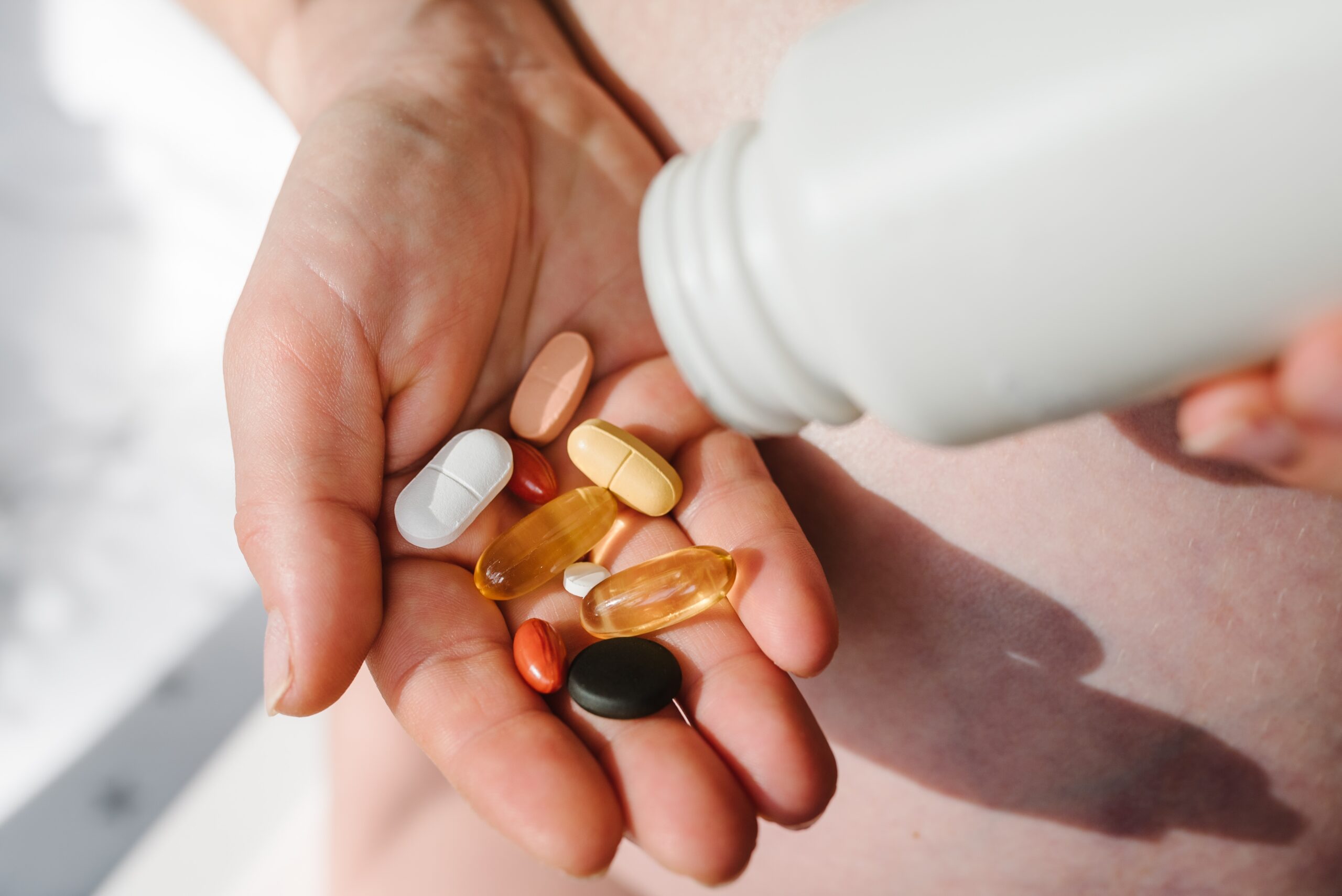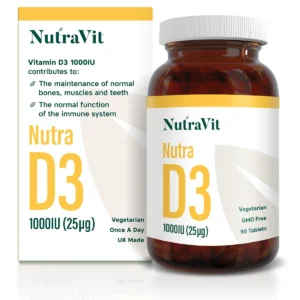Autumn is here, and with shorter days and less sun exposure on your doorstep, you’re at risk of facing one major factor: low Vitamin D levels. If you’re a female, pay attention; you may be at high risk of low Vitamin D levels, and if you’re a male, you might be subject to lower vitamin D levels, too.
Mild to severe Vitamin D deficiencies start in Autumn and progress during the winter. A lack of vitamin D in your body can greatly impact the efficiency of your nervous, musculoskeletal, and immune system.
Learn the importance of Vitamin D in Autumn, what happens to your body when you don’t get sufficient levels, and autumn supplements worth considering.
What is the importance of Vitamin D?
Vitamin D is one vitamin your body needs to perform a range of functions. You can think of it as an all-rounder vitamin. It helps regulate the amount of phosphate and calcium present in your body, which are essential for various processes performed within your body. Vitamin D can:
- Help your immune function reducing the risk of autoimmune diseases
- Help regulate mood
- Support the growth and development of muscles
- Assist with weight management
According to the NHS, from late March to the end of September, your body should be able to produce enough Vitamin D from the sunlight for your skin. However, afterwards from Autumn) you will need to get additional support from your diet and supplements.
Adults, on average, need 10 micrograms (mcg) of vitamin D a day.
What happens when you don’t get enough Vitamin D?
If you don’t get sufficient Vitamin D, there’s a risk your body won’t be able to absorb calcium and phosphorus effectively. Which can result in:
- Muscle pain
- Muscle weakness
- Increased risk of fractures
- Increased risk of falls
- Low mood, symptoms of anxiety and depression
- Compromised immune system
5 ways to get more Vitamin D in Autumn
You can actively help yourself by undergoing specific lifestyle changes to increase Vitamin D levels. To help get more Vitamin D in Autumn, try doing the following:
1. Diet
One area you should focus on the most is your diet. Just like any other vitamins or minerals, your diet plays a major role. However, vitamin D is only present in a small amount of food compared to others. It’s typically found in:
- Fortified foods: breakfast cereals, cows milk, tofu
- Oily fish: Salmon, tuna, herring, sardines, mackerel, shrimp
- Liver (Do not have if you’re pregnant)
- Egg yolks
- Mushrooms (they can make their own Vitamin D)
2. Spend more time outdoors
Alongside your diet, increasing your sun exposure is the most natural way of getting Vitamin D in Autumn. U.V. rays from the sun help your skin produce vitamin D from cholesterol, so you’ll want to be outside as much as possible. Be conscious of when you go outside; try to go around midday for a walk or run where the sun is at its highest.
3. Consider your clothing type and sunscreen
Slightly related to the last point, you’ll want to think about the clothing you wear in Autumn. Certain types of clothing, especially thick materials, can block U.V. rays and ultimately stop the process of vitamin D being made in your body. The same applies to the level of SPF of your sunscreen.
4. Think about UVB lamps
Another option is that if you don’t get sufficient sun exposure outdoors, you can consider indoor sun and UVB lamps. These lamps can help boost your vitamin D production; however, be careful. Some lamps may only provide UVB exposure and not UVA exposure and can increase your risk of skin cancer.
5. Take a Vitamin D supplement
Unlike some tropical countries, the U.K. experiences inconsistent warm weather and sunny days. Depending on which part of the country you live in, your exposure to the sun may be very limited this Autumn. One natural way of increasing your exposure is taking autumn supplements or vitamin D.
Our NutraD3 is a high-strength Vitamin D supplement that can help increase your levels. It also supports the maintenance of your immune system and the normal function of bones, teeth, skin, and gums. This supplement also helps reduce fatigue and tiredness as it supports iron absorption, allowing more oxygen to be transported around your body.
Final thoughts
To summarise, Autumn is here, and our exposure to the sun in the U.K. is already less than during the summer months! This means that your vitamin D levels in Autumn are going to drop and, for some, even plummet.
You should focus on your diet, spend more time outdoors, be conscious of the clothing you wear (to stop U.V. rays from being blocked out), and, if possible, take a Vitamin D supplement.
In addition to having sufficient Vitamin D levels, if you want to stay sharp, alert, and on track this Autumn, check out our post on 4 vitamins for memory support and concentration.
-
Nutra D3
IMMUNE SYSTEM90 TabletsDiet & DetoxDigestion & MetabolismEnergyImmune SystemJointsGluten FreeNut FreeNutritionSoy FreeWeight ManagementBilberryCeleryCranberryGrapeseedJuniper Berry£7.99 — or subscribe to save up to 15% Add to Basket
 FREE UK DELIVERY ON ORDERS OVER £20.
FREE UK DELIVERY ON ORDERS OVER £20. WORLDWIDE SHIPPING AVAILABLE
WORLDWIDE SHIPPING AVAILABLE


